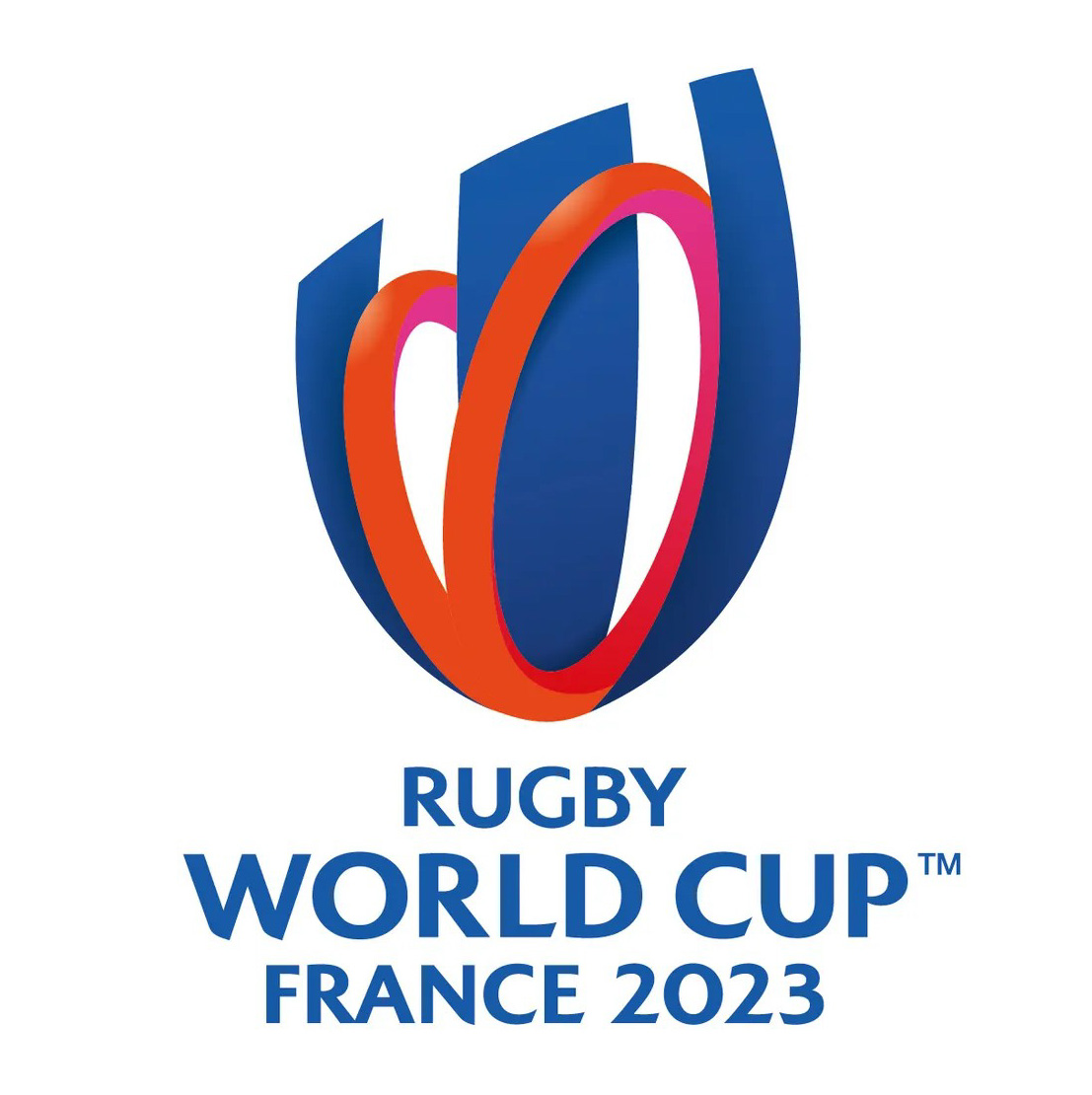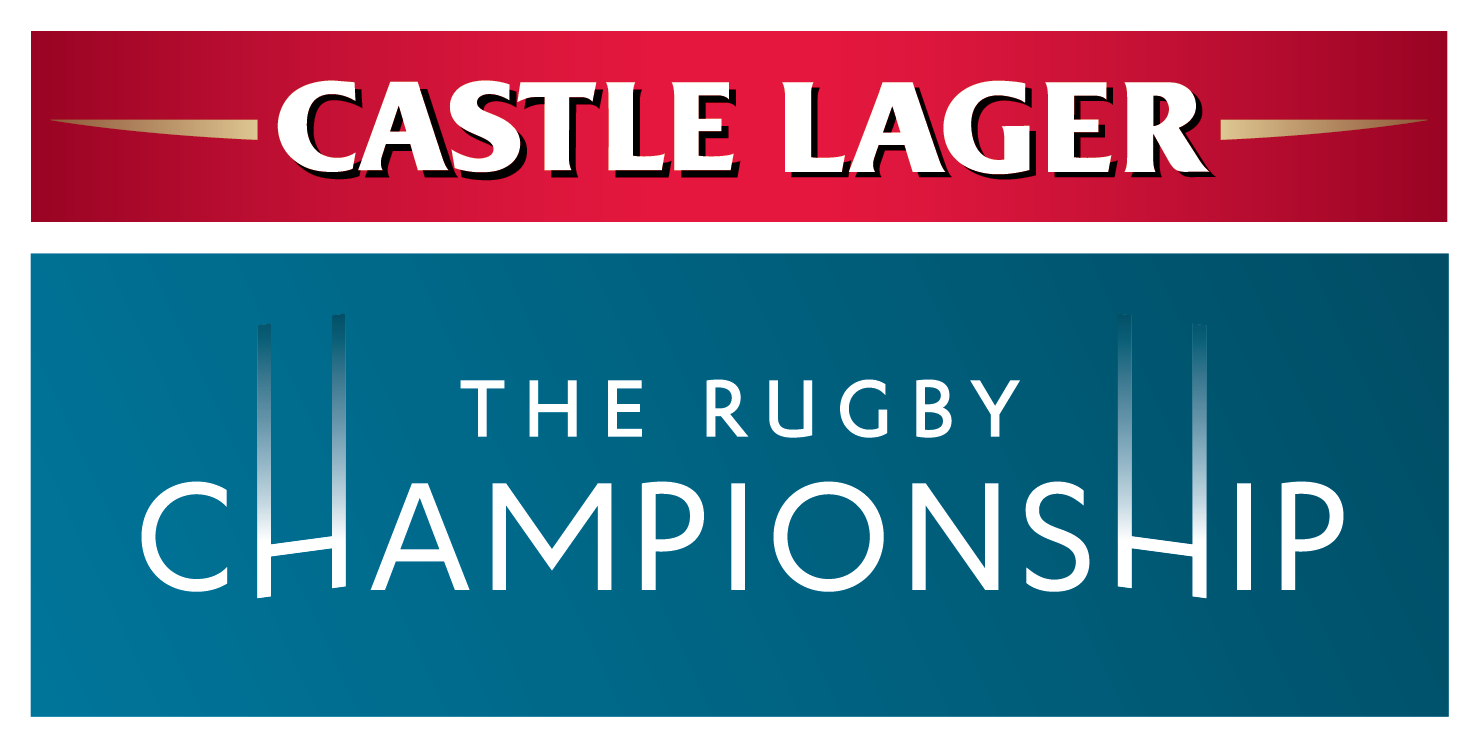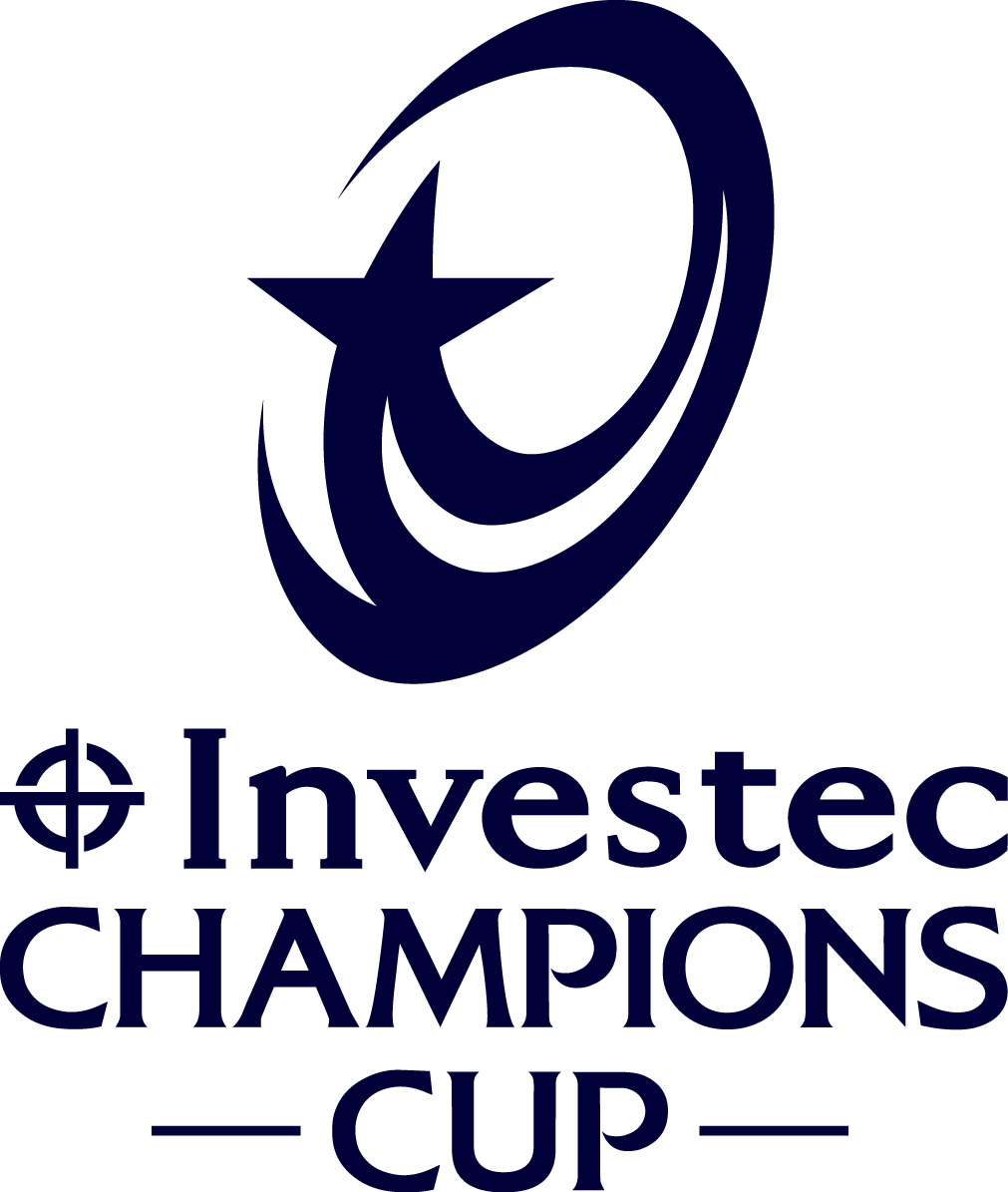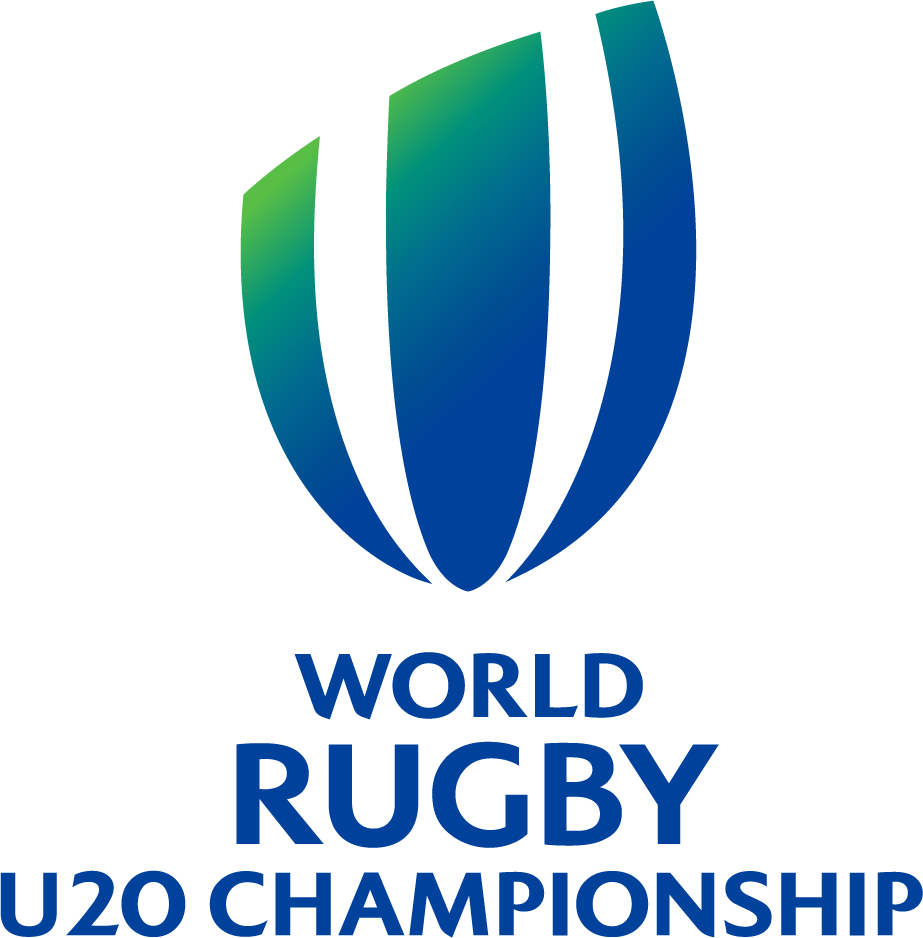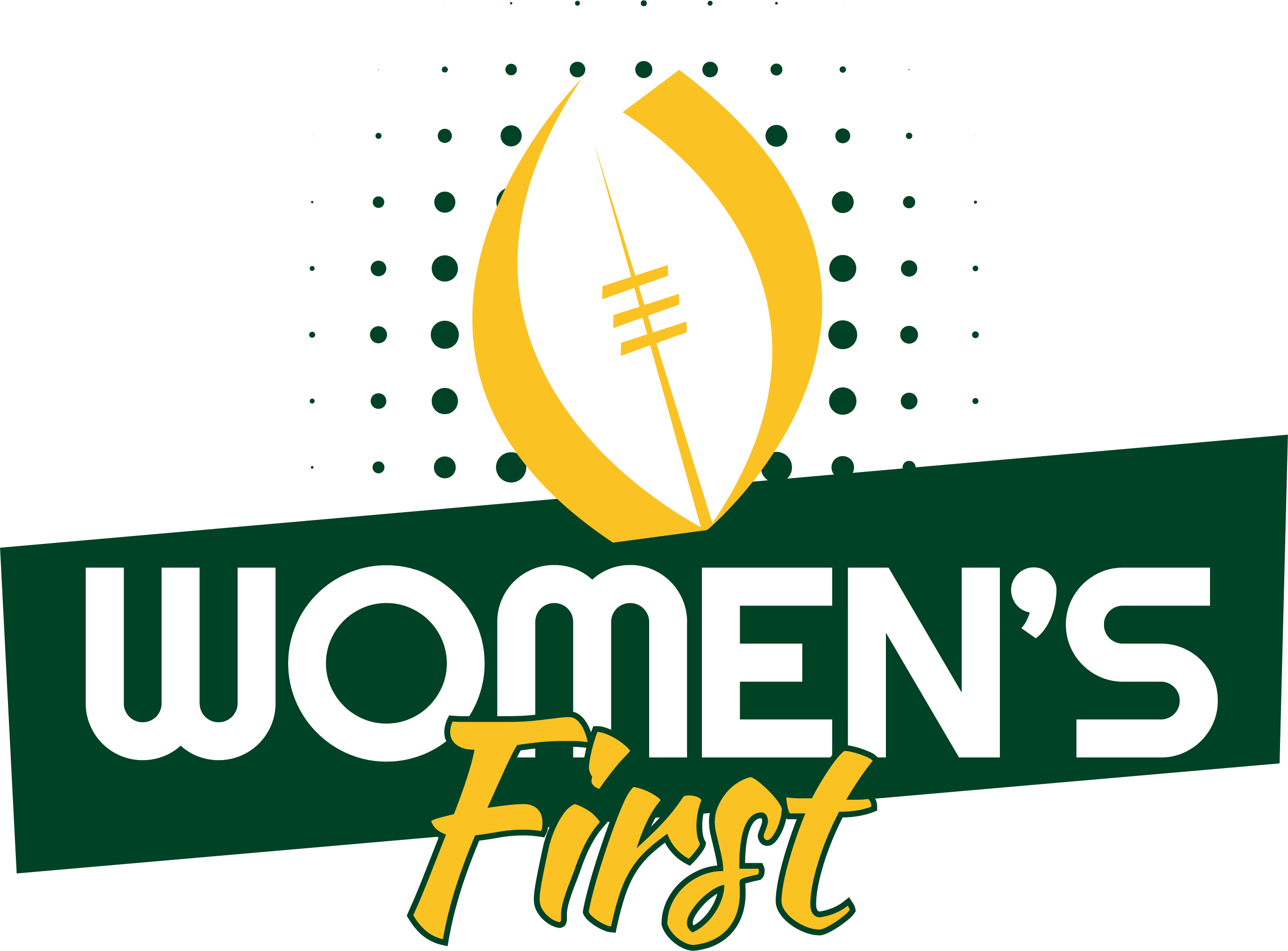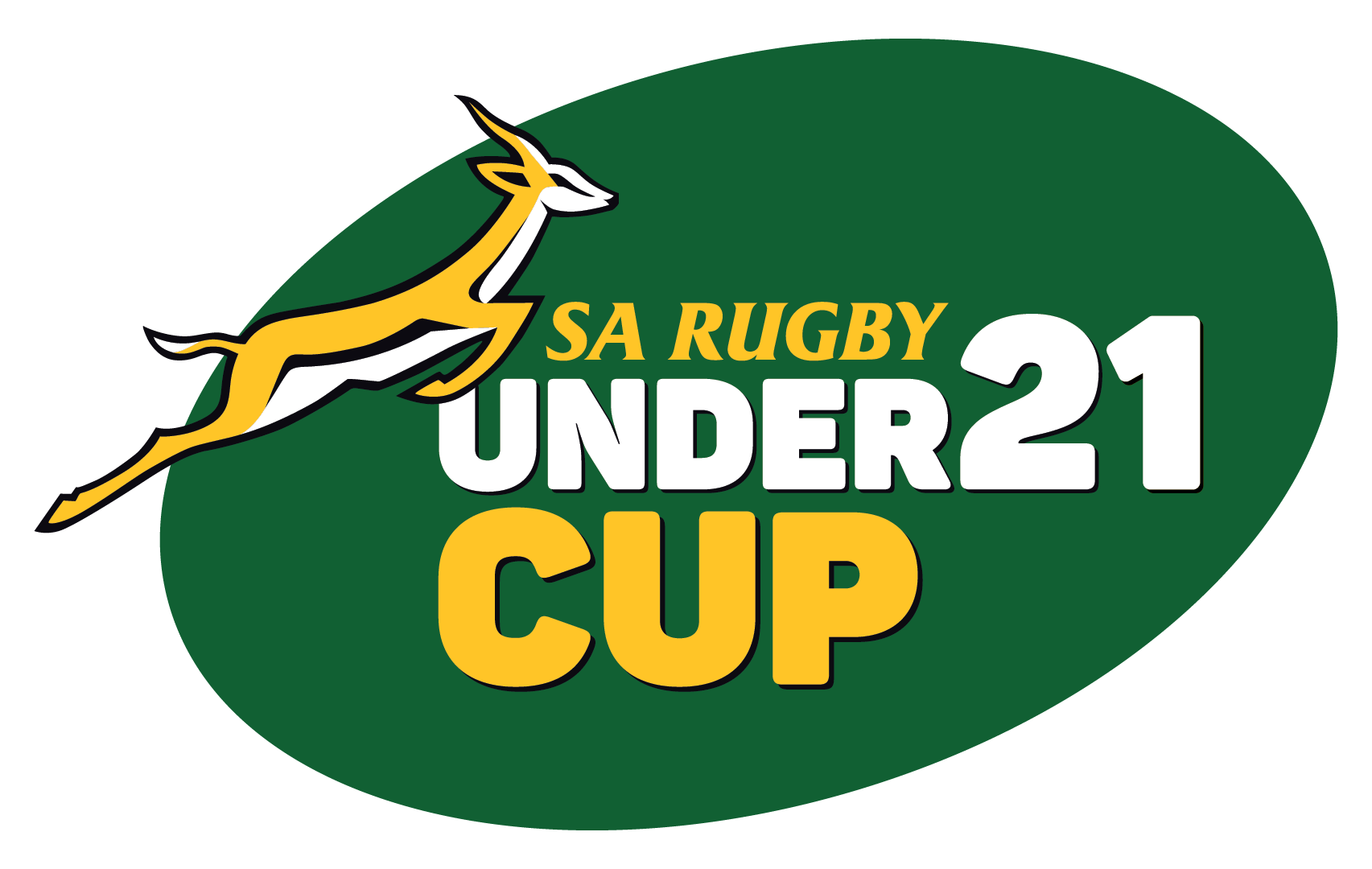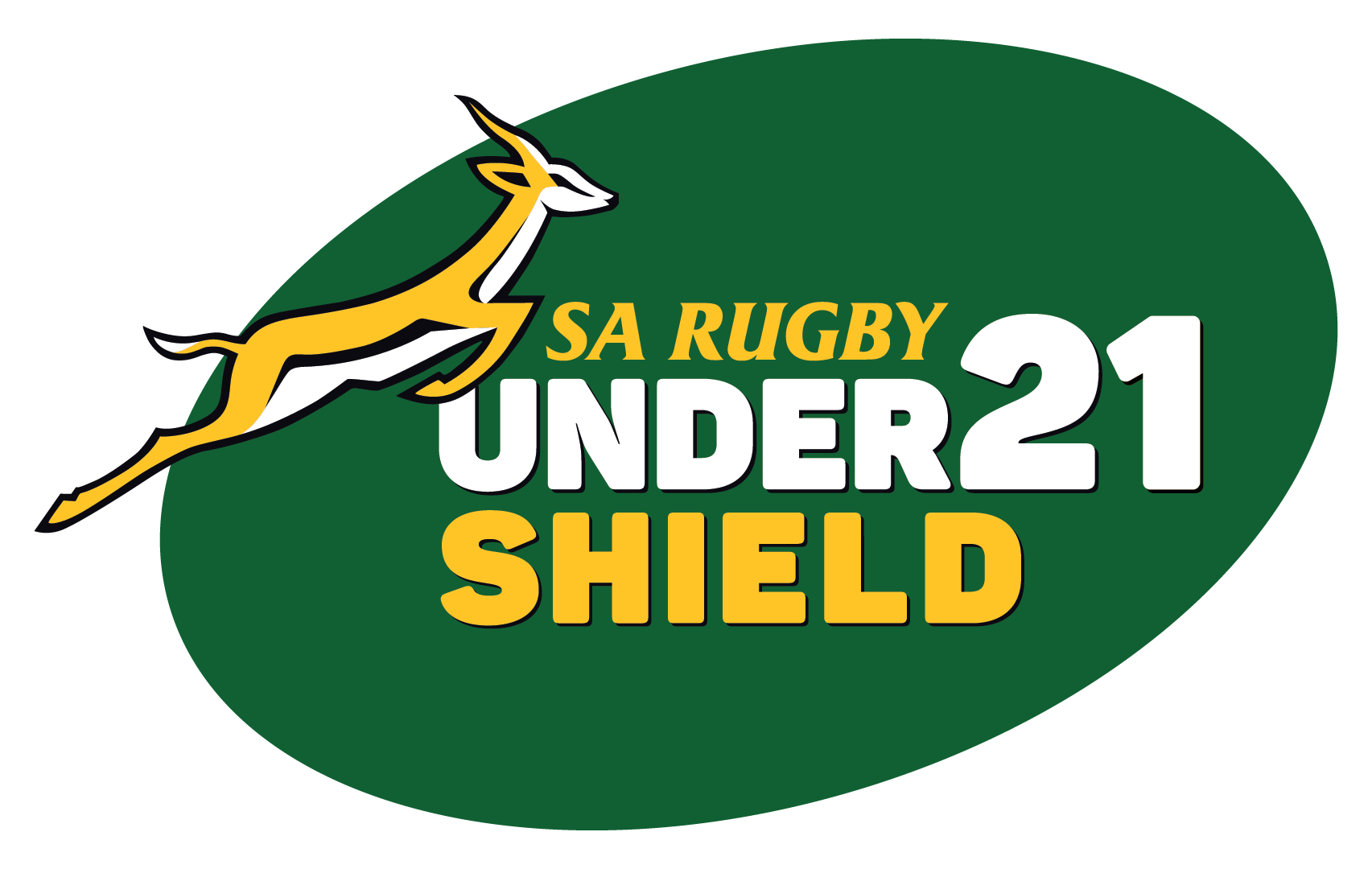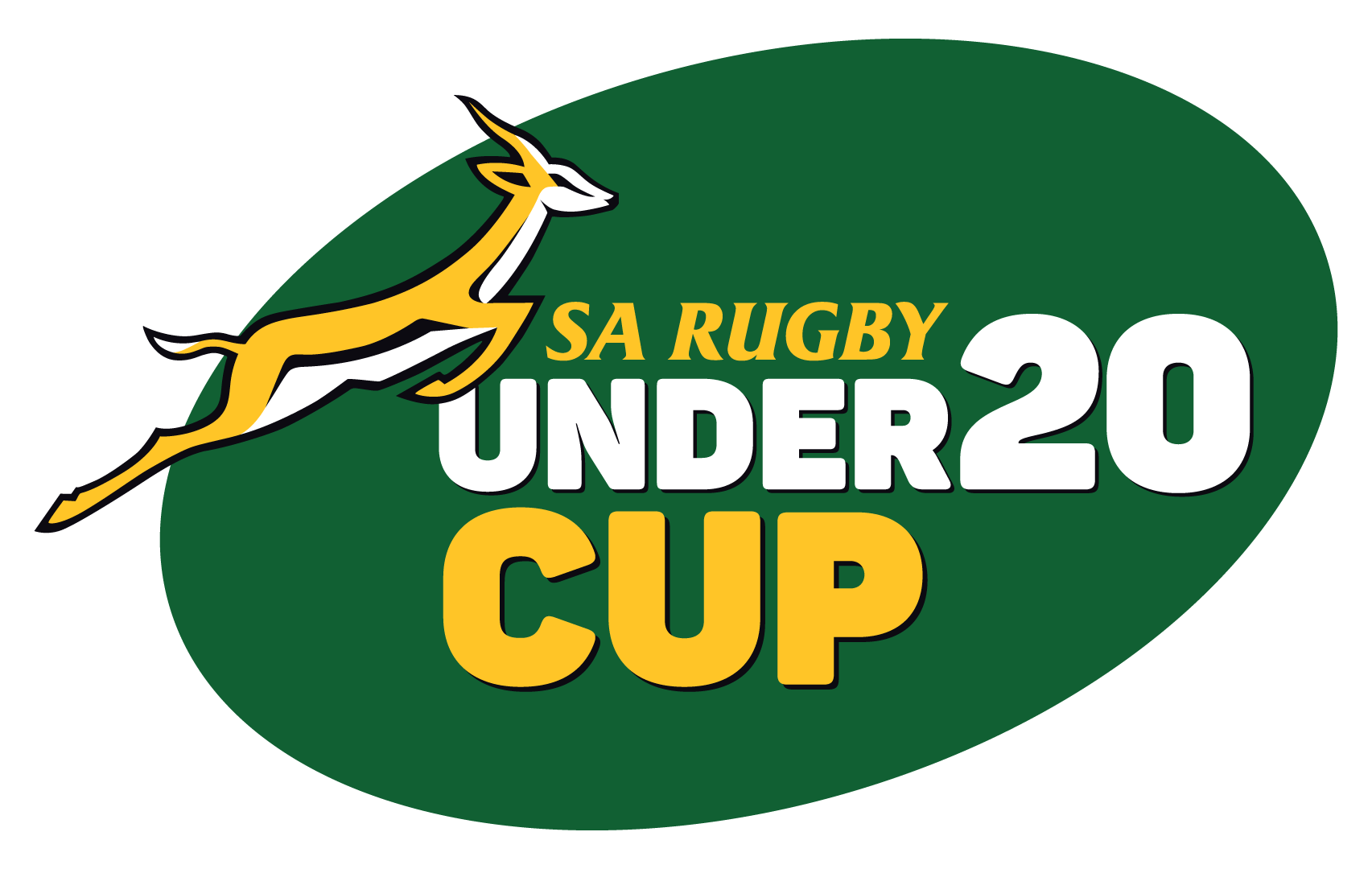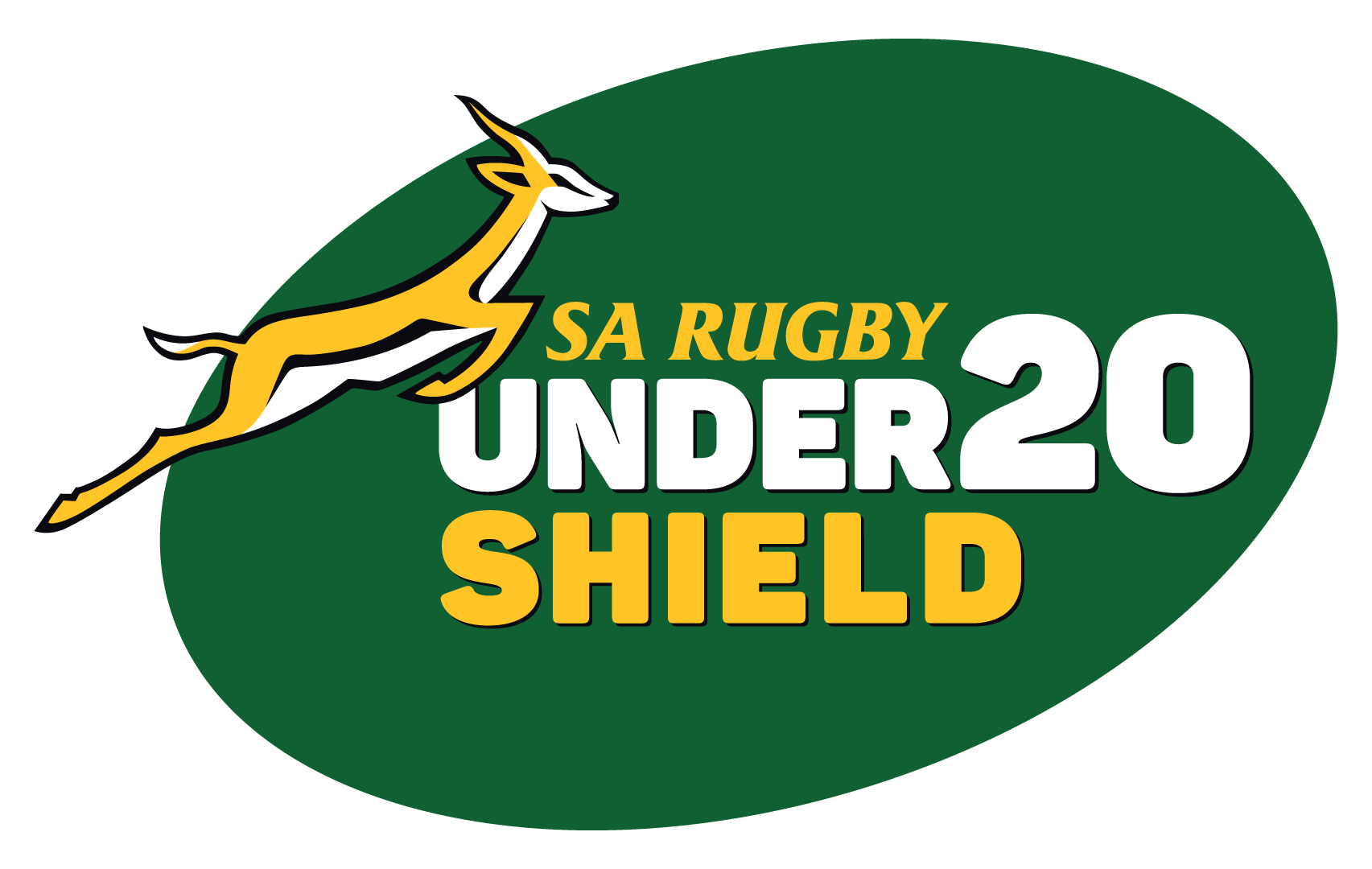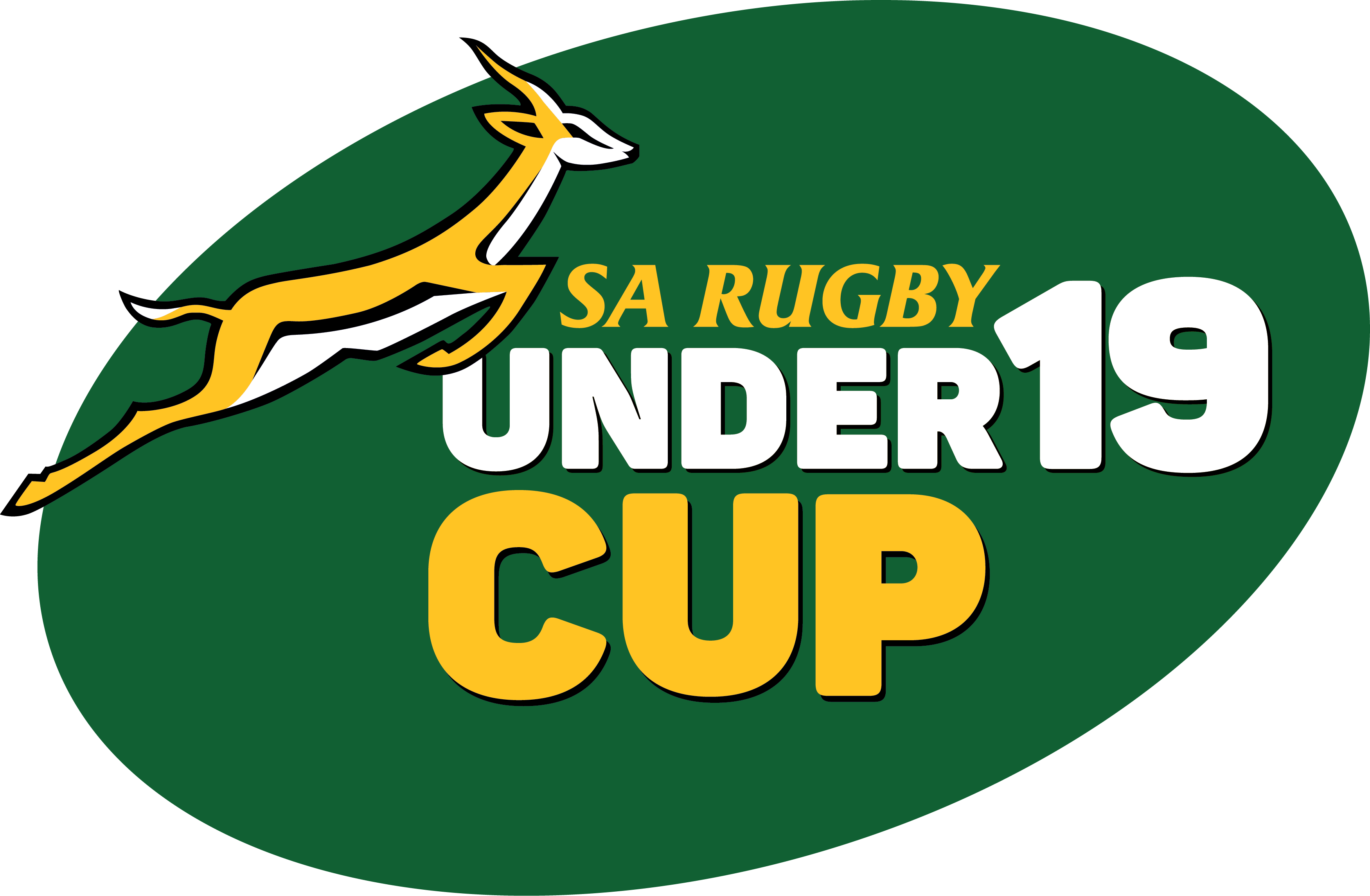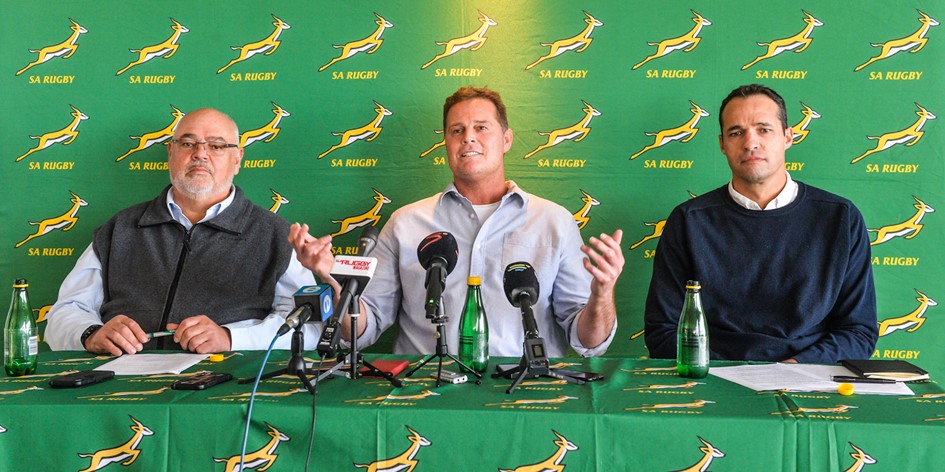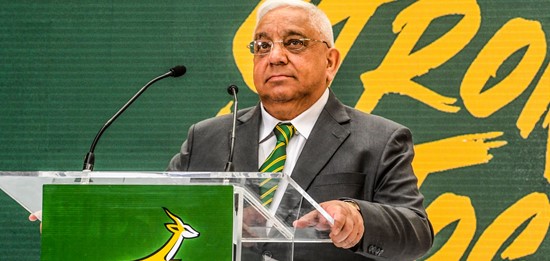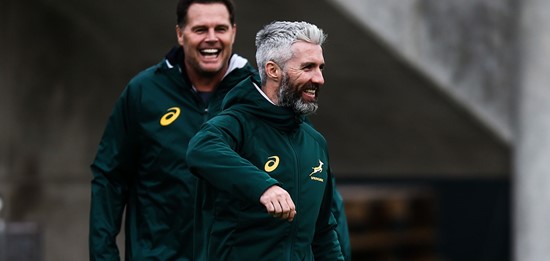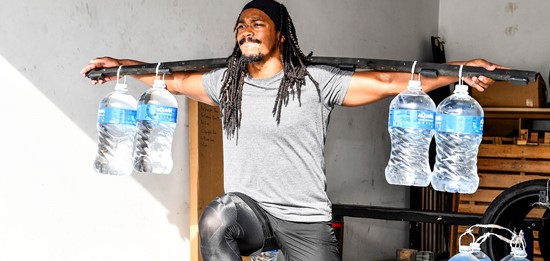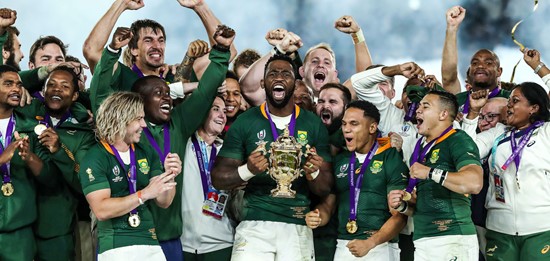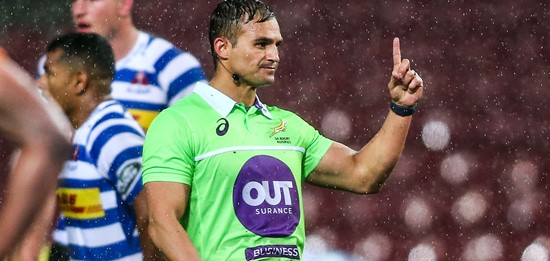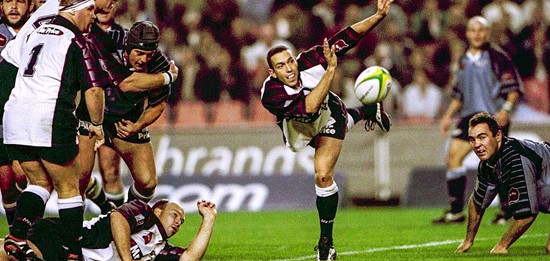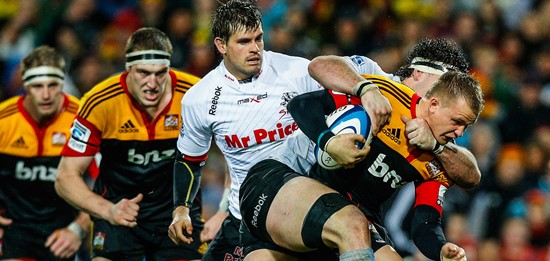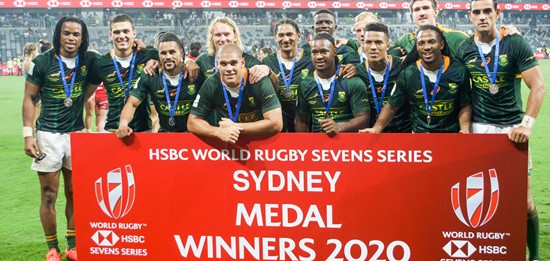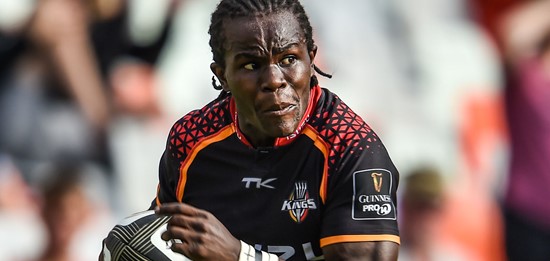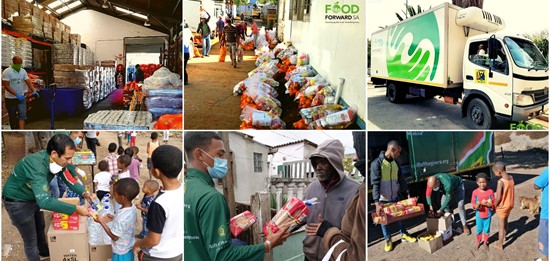The plan was collectively designed and concluded by organisations representing SA Rugby, provincial unions, players and rugby industry employees. Thursday, 14 May was the cut off day for individuals who wished to cancel their current contracts under the plan.
The economies will be achieved by reduced expenditure following the cancellation of competitions (49.7 percent of savings), cuts in other operational budgets (37.3 percent) and in salary reductions (13 percent).
The plan was formulated and agreed by bodies representing SA Rugby, MyPlayers (the players’ representative organisation), Sport Employees Unite (employees’ trade union) and the South African Rugby Employers’ Organisation (SAREO – representing the provincial unions).
The salary cuts amount to 25 percent of total remuneration across the industry, including all employees, players and officials although persons earning below R20,000pm have been exempted from any cuts. Higher earners have agreed to cuts on a sliding scale of up to 43 percent.
“It was a complex process to find alignment with a number of entities representing 1 396 people in the South African rugby industry but throughout everyone collaborated fully,” said Jurie Roux, SA Rugby CEO.
“The group identified our collective areas of financial risk and what savings had to be made and then identified a plan to mitigate those risks.
“It has meant salary cuts for many, but we have put together a plan that will ensure the industry will be positioned and resourced to get straight back to action just as soon as we are permitted.”
Roux said that the focus of the sport had now shifted to those return-to-play plans.
“From the moment we went into lockdown we have been preparing and workshopping internal guidelines and protocols for return to play and return to work,” said Roux.
“Those are complete and are ready to be actioned as soon as we get Government’s go-ahead.
“We have presented our case to the Minister of Sports, Arts and Culture and believe we have a strong case.
“We do not run hospitals or build ventilators and we are not an industry that is critical to the South African economy; but we do believe that we add huge value to national life in other ways.
“The sight of the Springboks running out for the first time since winning the Rugby World Cup would be a powerful milestone on the nation’s journey to the other side of this crisis as well as being a boost for national morale.
“While the return to play of our provincial teams – even if it is behind closed doors – would similarly be hugely beneficial to a nation in lockdown.
“We understand that there are bigger agendas at play but believe the risk of transmission could be well managed by our protocols. We trust the minister and Government will view our case seriously.”
The Industry Savings Plan came into effect on 1 May and is scheduled to run until the end of December in the first instance.
Rugby and COVID-19 timeline
- 11 March: COVID-19 Management Committee meets for the first time
- 12 March: Guinness PRO14 season is suspended indefinitely
- 13 March: World Rugby cancels the women’s HSBC World Rugby Sevens Challenger Series tournament, that was due to be played in Stellenbosch on 28 and 29 March
- 13 March: SA Rugby cancels Junior Springbok home and away internationals in April and May
- 14 March: SANZAAR suspends Vodacom Super Rugby for the foreseeable future
- 16 March: SA Rugby suspends all national team training camps and business travel and orders cost savings; postpones kick off of SuperSport Rugby Challenge with a view to return to play on 25 April
- 16 March: SA Rugby announces actions and issues guidelines on safe practices to all rugby bodies
- 18 March: SA Rugby announces suspension of all rugby until the end of April and that discussions are underway to reschedule competitions to exclude international travel and be played behind closed doors
- 20 March: World Rugby cancels the Junior World Championship scheduled for Italy in June
- 23 March: President Cyril Ramaphosa announces nationwide lockdown to start from midnight on 26 March
- 24 March: IOC postpones the 2020 Tokyo Olympic Games to 2021
- 27 March: SA Rugby, MyPlayers (players’ organisation), the South African Rugby Employers’ Organisation (SAREO) and Sports Employees’ Unite (SEU) confirm establishment of a joint working group to manage the response to the crisis
- 3 April: The Rugby industry announces progress on an Industry Savings Plan (ISP) to safeguard the games future; plan to go through approval processes
- 21 April: Industry Financial Impact Plan to make significant cuts in ‘global’ South African rugby budget confirmed
- 15 May: Deadline expires for individuals to cancel contracts under the terms of the Industry Financial Impact Plan







